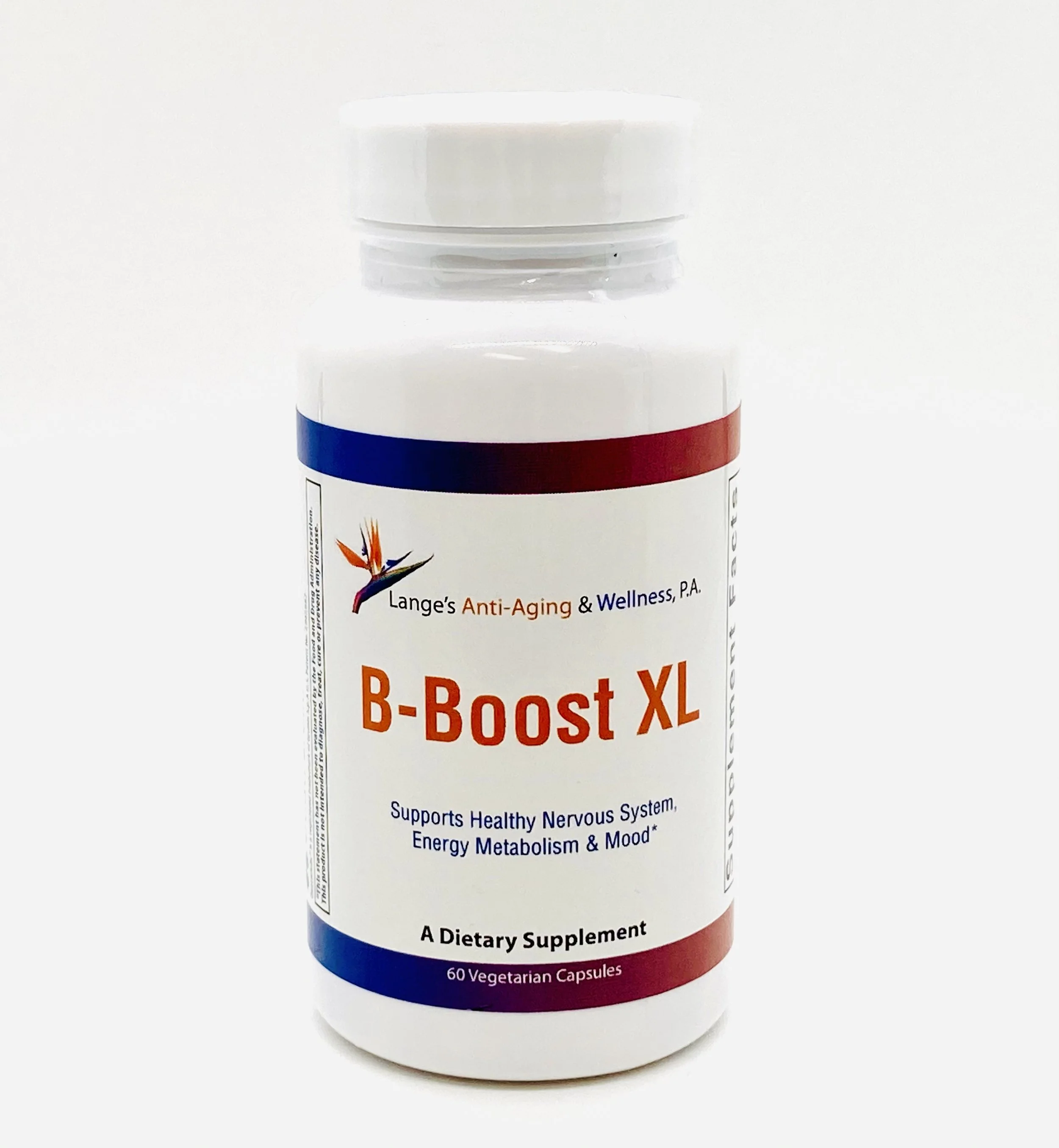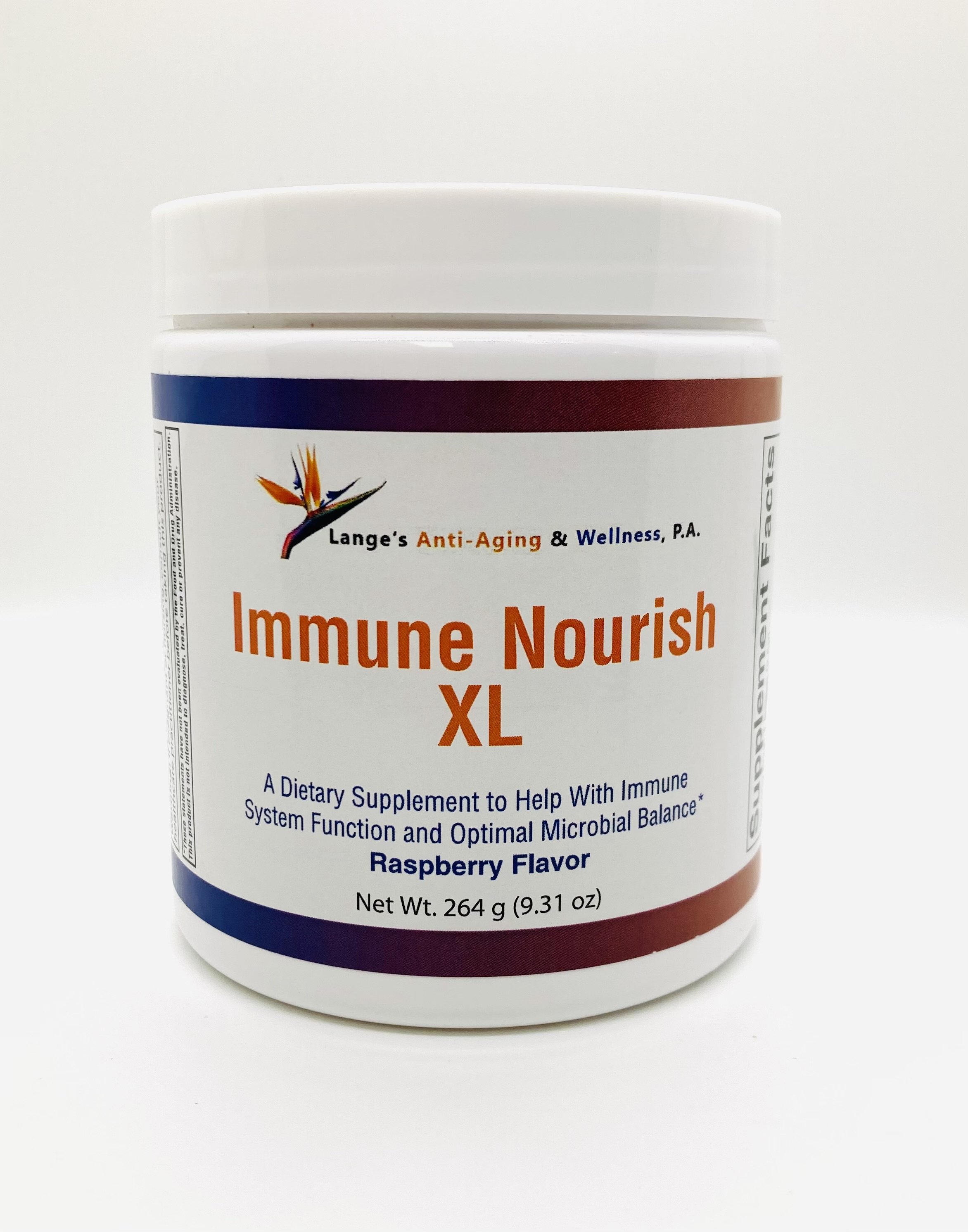Adrenal Fatigue
What is Adrenal Fatigue?
Your adrenals are two tiny glands that sit on top of your kidneys, no larger than a walnut. The hormones secreted by your adrenals influence all of the major physiological processes in your body. They closely affect the utilization of carbohydrates and fats, the conversion of fats and proteins into energy, the distribution of stored fat (especially around your waist and at the sides of your face), normal blood sugar regulation, and proper cardiovascular and gastroin- testinal function. The protective activity of anti-inflammatory and anti-oxidant hormones secreted by the adrenals helps to minimize negative and allergic reactions to alcohol, drugs, foods and environmental allergens.
Energy Levels
Do you feel that your energy levels are just at a permanently lower level than they used to be? Aging is often a factor in this, but chronic stress can be a major contributor too. If you’re one of those people who finds themselves drinking more and more coffee just to get through the day, it might be time to look at the underlying cause behind your tiredness.
As you might expect, fatigue is one of the most common Adrenal Fatigue symptoms. However, it is far from the only one that you might experience. Adrenal Fatigue leads to lower levels of a number of hormones and neurotransmitters, changes that can affect every single part of your body. Every individual with Adrenal Fatigue tends to have a slightly different set of symptoms, although there are always common complaints.
You can split up Adrenal Fatigue symptoms into two sets. The most common symptoms are those that are experienced by most (if not all) Adrenal Fatigue sufferers. These include symptoms like fatigue and food cravings. Then there are the less common symptoms, which are only experienced by a smaller set of patients. These include low blood pressure and frequent urination. Typically, an individual with Adrenal Fatigue will have most or all of the main symptoms listed here, along with a handful of the less common symptoms. Take a look and see how many apply to you.
Stress
Stress and adrenal function affect sleep, particularly the circadian pattern of cortisol secretion by the adrenal glands. Circulating corti- sol normally rises and falls throughout the 24-hour daily cycle, and is typically highest at around 8 AM and lowest between midnight and 4 AM. Both high and low nighttime cortisol levels can interrupt sound sleep.*
Stress normally causes a surge in adrenal hormones like adrenaline and cortisol that increase alertness, making it more difficult to relax into sound sleep – especially when they remain high or rise and fall irregularly through the night. Frequent or constant stress can chron- ically elevate these hormone levels, resulting in a hyper-vigilant state incompatible with restful sleep.*
If this is the reason for poor sleep, anything that reduces stress and enhances the ability to handle stress may improve sleep. This can include relaxation, breathing and/or meditation techniques, certain yoga postures, healthy lifestyle changes, and stress-relieving life alterations. Refraining from vigorous exercise in the evening and taking time to consciously relax before going to bed may calm the adrenals and help lower cortisol and adrenaline levels.*
Low Blood Sugar
When the adrenals fatigue, adrenal hormone levels may become low, leading to another possible source of nighttime sleep disruption – low blood sugar.* Cortisol plays an important role in maintaining blood sugar (glucose) levels around the clock. Although blood glucose is normally low by the early morning hours, during adrenal fatigue cortisol levels may not stay sufficient to adequately sustain blood glucose.* Low glucose signals an internal alarm (glucose is the main fuel for all cells, including brain cells) that disrupts sleep so the person can wake up and refuel.
Low nighttime blood glucose can also result from inadequate glycogen reserves in the liver. Cortisol causes these reserves to be broken down into glucose that is then available to the cells. When low cortisol and low glycogen reserves coincide, blood glucose will most likely drop, disrupting sleep.*
Waking between 1 AM and 3 AM may indicate low blood sugar resulting from inadequate glycogen reserves in the liver, low adrenal function and cortisol, or both. This is often the culprit when panic or anxiety attacks, nightmares, or fitful, restless sleep occur between 1 and 4 AM.
If low blood sugar is disrupting sound sleep, supporting healthy adrenal function and dealing with the adrenal fatigue may contribute long term to sound sleep.* Also having a healthy snack before bed can help fortify the body’s nighttime energy reserves. The snack should be one or two bites of food that contains protein, unrefined carbohydrate, and high quality fat, such as half a slice of whole grain toast with peanut butter or a slice of cheese on a whole grain cracker. Eating or drinking sugary, refined foods will only aggravate the problem. Sometimes exercising before bed can help, since exercise tends to raise cortisol levels.*
Sleep
Lack of sleep can be a significant body burden that, in itself, can contribute to adrenal fatigue. Every time the wake/sleep cycle is altered, it takes several days to weeks for the body and cortisol levels to adjust.* In fact, sleep ranks with diet and regular exer- cise as an essential component of a healthy life. People on alternating shifts with less than three weeks between shift changes are continually hammering their adrenal glands and may become very susceptible to adrenal fatigue.*
Chronic lack of sleep is now regarded as a health hazard and has been associated with several possible health consequences. These include lowered immunity with in- creased susceptibility to infections, impaired glucose tolerance, low morning cortisol levels, and increased carbohydrate cravings.* Lack of sleep can also elevate circulating estrogen levels, upset hormonal balance, and slow healing and prolong the recovery period.* These are in addition to the decreased alertness and concentration that most people experience when missing an inordinate amount of
sleep.
The consensus from research and clinical observation is that it is necessary to sleep an average of eight hours per day. Some people need even more in the beginning phases of recovery from adrenal fatigue. A saliva cortisol test done at night and compared with daytime levels and with the test standards for those times will help determine if either high or low cortisol may be interfering with sound sleep. If cortisol is a likely culprit, cortisol levels will be significantly higher or lower than normal for those times.*
B-Boost XL
This unique, high quality formula contains the most biologically active forms of many B-vitamins including Metafolin acid and B12 in the form of methylcobalamin. B-vitamins play many important roles in the body. For example, vitamin B12 and folic acid are crucial for proper cell division; vitamins B1, B2, B3 and biotin are essential for energy production. Amino acid metabolism requires vitamin B6. Vitamin B5 is necessary for the synthesis of acetylcholine (a neurotransmitter) and is also involved with energy production. Some B vitamins have been shown to play a role in wound healing and vitiligo. Biotin is known to improve nail strength. *Now with DMG.
Immune Nourish XL
Introducing Immune Nourish XL – a highly concentrated and advanced all-in-one formula designed to elevate your overall well-being. This powerhouse blend of natural goodness addresses a wide range of health aspects, making it a versatile choice for comprehensive wellness.
Many Key Benefits:
Experience unparalleled stress relief and More.






